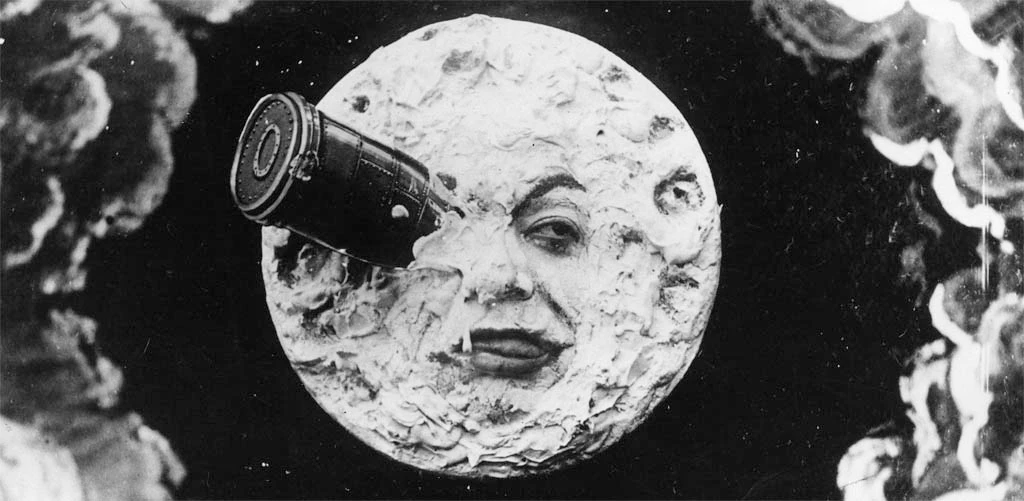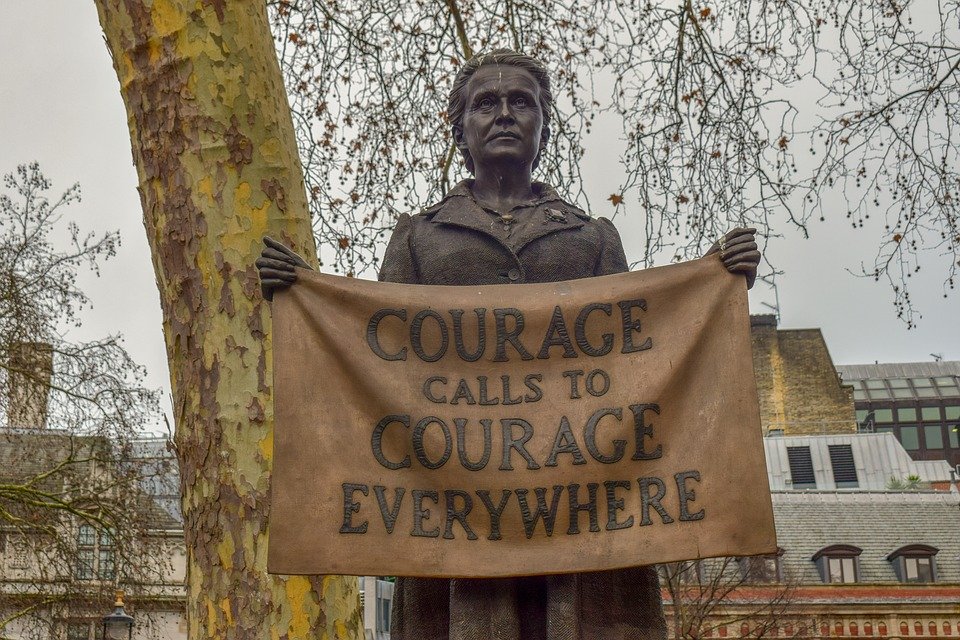
How Layered Writing Engages Readers and Elevates Your Story – Writing Tips from Clay Stafford
Layered writing involves weaving multiple narrative elements — plot, character, theme, and emotion — into the same scene. It’s like creating counterpoint in music, engaging the reader’s mind on multiple levels. The result? More depth, more complexity, and more momentum. Want to try it today? Take a scene you’re working on and add a secondary layer — a symbolic motif or subtext that echoes the main action. See how much more compelling your scene becomes. For more writing tips, visit ClayStafford.com.


Storytelling Lessons from A Trip to the Moon by Méliès
What can writers learn from A Trip to the Moon? Clay Stafford explores how Georges Méliès’s groundbreaking film teaches timeless storytelling techniques—mystery, suspense, action, horror, and romance—offering valuable lessons for writers of all genres.

Americana Literature: Using Regional Settings
Americana literature thrives on regional settings, immersing readers in specific American landscapes, cultures, and histories. By deeply researching a location—real or fictional—writers can craft authentic, sensory-rich narratives that bring their stories to life.

Sagging Middles: Deepen Character Motivations by Introducing External Pressures
Deepening your characters’ motivations in the middle section of a story is vital to increasing the narrative's momentum. The middle should further complicate the plot and create a more layered, intertwined experience. One way to achieve this is by introducing external pressure—whether from antagonists, societal expectations, or unexpected complications—to force characters to confront their fears, desires, and flaws.

Tie Up the Loose Ends
A strong ending ties up loose ends, provides emotional and intellectual closure, and ensures your story lingers in readers’ minds. Here’s how to craft one that resonates.

Great Beginnings—The Core Attributes of a Strong Protagonist: Clear Goals and Complex Motivations
A strong protagonist hooks readers from the first page. By giving them clear, significant goals and complex, relatable motivations, we create characters that resonate deeply. A protagonist’s journey should be layered with internal and external conflicts, emotional stakes, and evolving ambitions that drive the story forward.

How to Write Offensive Characters
Writing offensive characters requires courage, honesty, and respect. To create complex, authentic characters, writers must understand their motivations, beliefs, and pasts—even when they disagree with them.

Adapt Your Novel to a Film
Turning your novel into a movie is a dream for many writers, but the journey from page to screen is challenging. Understanding the film industry, mastering story structure, and adapting your craft for a visual medium can increase your chances. Learn what makes a novel film-worthy and how to navigate Hollywood’s complexities.

How Acting Benefits a Writer
Acting can transform your writing, enhancing dialogue, character depth, and storytelling techniques. Learn how stepping onto the stage—or simply observing—can elevate your craft as a writer.

Realistic Writing: The Art of Implying and Suggesting
Realistic writing reflects the truth of the seen world by implying and suggesting rather than revealing everything. Learn how to create authentic characters and situations by embracing the unknown.

Protagonists Don’t Have to Be Likeable; They Have to Be Unforgettable
A protagonist doesn’t need to be likable—just unforgettable. Whether heroic or villainous, they must captivate from their first entrance. Readers should feel an irresistible pull, whether through admiration, disgust, or fascination. The key is to create a character no one can ignore.

Harnessing the Power of Words: Igniting Progress and Change
Writers have the power to shape society by reflecting values and inspiring change. Through thoughtful storytelling—not preaching—we can reveal truth, spark dialogue, and influence the world, one word at a time.

Get Your Characters a Job
Characters' jobs are more than just details; they shape personalities, relationships, and the plot. Explore how a character's career can add depth, reveal inner motives, and drive the story forward.

The Writer Challenge
In a world full of chaos, we need writers who offer authenticity and integrity. As writers, our challenge is to create characters that reflect our times, tackle tough philosophical questions, and provide readers with more than just plot. We must offer meaningful stories that both challenge and change us.